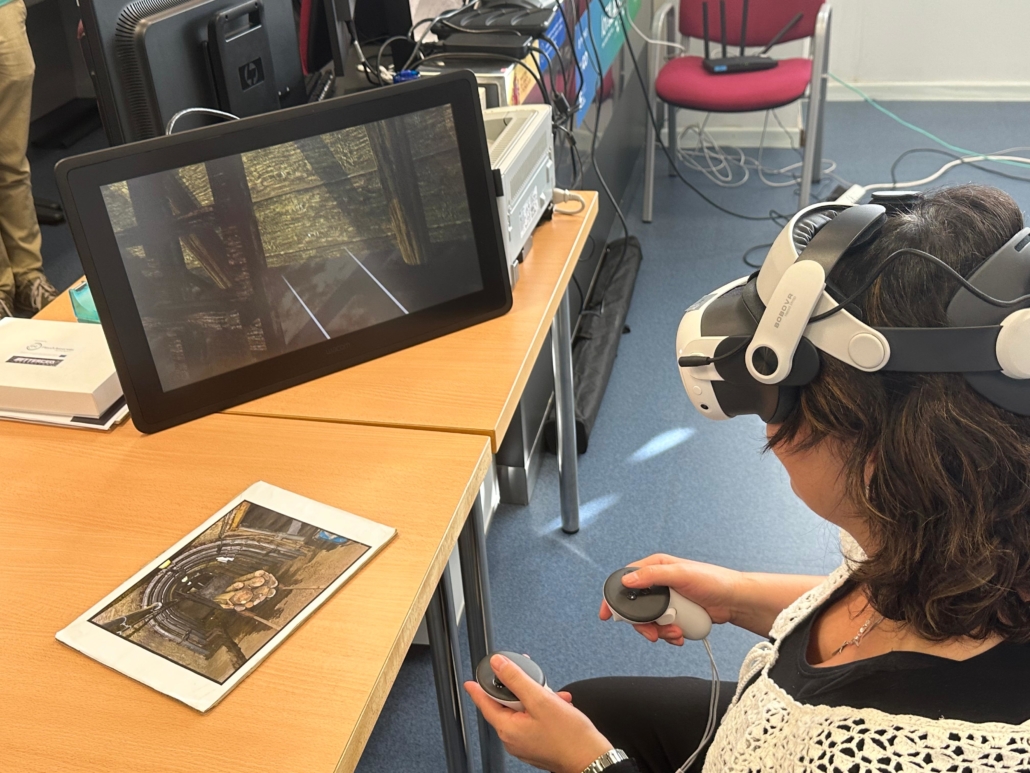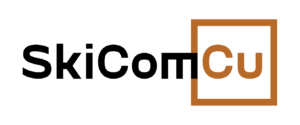About SkiComCu
An overview
SkiComCu is a lifelong learning course designed to address a dual challenge in the EU metal sector. On one hand, it offers specialized training for current and future professionals in the copper sector. On the other hand, it delivers training that adapts to the ever-changing landscape of the EU copper sector, encompassing industry 4.0 & 5.0, green transition, and circular economy requirements.
Furthermore, SkiComCu will provide an educational methodology for future lifelong learning actions, contributing to the continuous re/upskilling of the copper industry workforce and other metal industries. Past EU projects, such as INTERMIN in 2018, have highlighted skills gaps in this sector. This led the EU to include Action 6 in its Critical Raw Materials Resilience strategy (COM(2020) 474 final). Specifically, gaps were identified in skills related to digital literacy, risk management for sustainability and social acceptance, circular economy, and climate change (INTERMIN, 2019).
While there are existing programs covering aspects of the skills and competences needed in the copper sector, such as vocational training programs like ALUVET and METVET, there is currently no integrated educational program addressing the lifelong learning needs of the copper sector. SkiComCu stands out by providing constantly updated training that addresses the evolving landscape of the metal sector.
This dynamic landscape is driven by the rapid evolution of the metal industry, necessitating professionals to adapt to industry 4.0 & 5.0. Additionally, the copper sector must accommodate green transition and circular economy requirements, such as reducing the energy intensity of the EU non-ferrous metals sector. Therefore, SkiComCu blends traditional manufacturing skills with advanced engineering skills (digital fluency, Big data analytics, continuous improvement processes, fabrication technology, welding technologies, additive manufacturing & 3D printing, CAPA quality control skills), and soft skills (problem-solving, decision-making, teamwork, and communication).

This approach is justified by the EU’s need to enhance competitiveness in the copper (and non-ferrous metals) sector, preventing it from falling behind global competitors (refer to IFPEN-Institut Français du Pétrole et Energies Nouvelles, 2022, on copper and China, and Industrial Position Paper 2020/109 for the non-ferrous sector). Lastly, this initiative aims to increase sector flexibility, improve product quality, and reduce prices (source: https://single-market-economy.ec.europa.eu/sectors/raw-materials/related-industries/metal-industries/non-ferrous-me).

